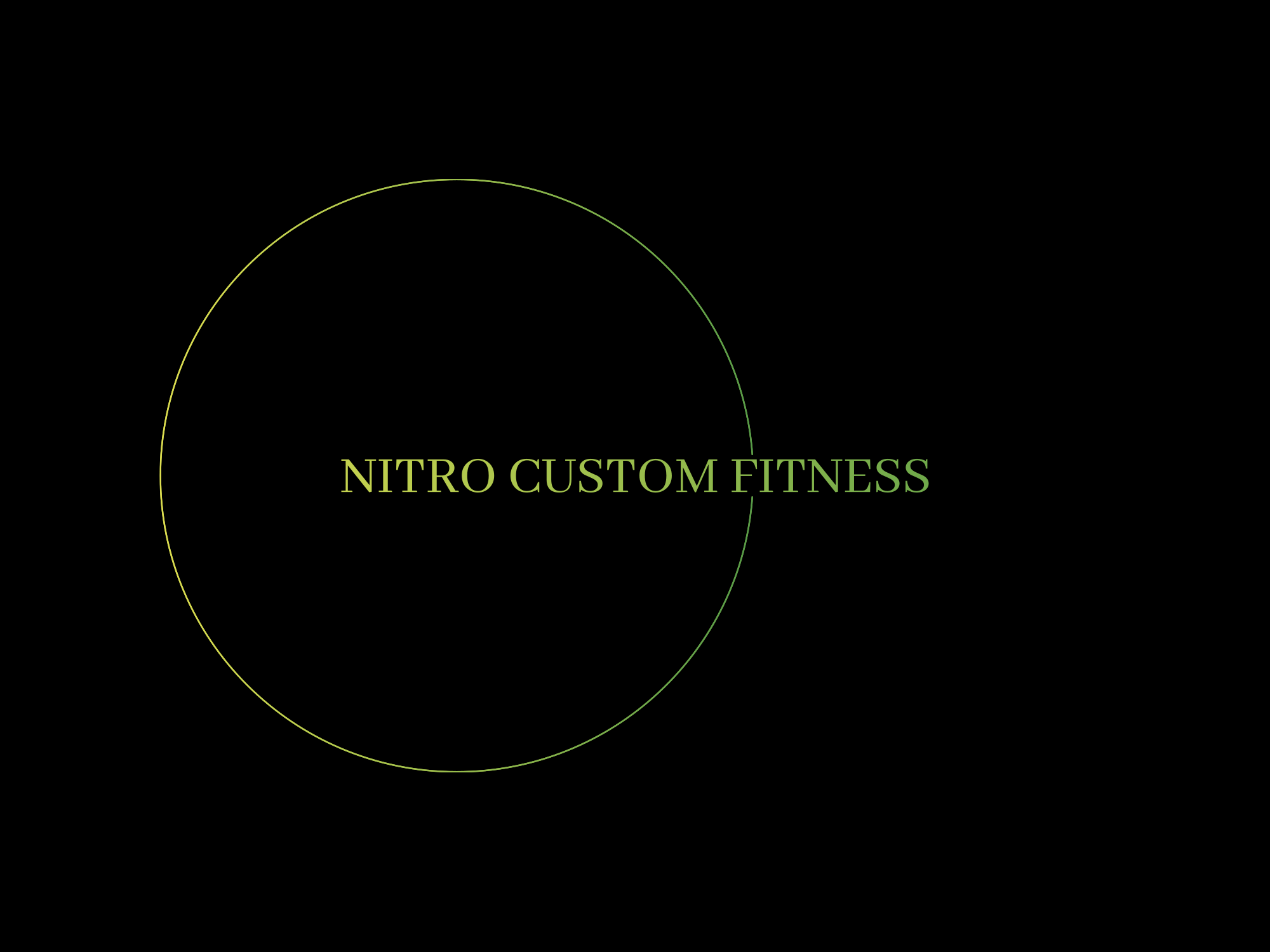The commercial fitness industry has long been a hub of innovation, constantly evolving to meet the changing needs of consumers. In recent years, one of the most significant advancements has been the integration of artificial intelligence (AI) into fitness solutions. From personalized training programs to data-driven insights, AI is reshaping the landscape of fitness facilities and revolutionizing how people engage with their health and wellness. Let’s explore the impact of AI on the commercial fitness industry and the exciting possibilities it brings.
Understanding AI in the Fitness Context
Artificial intelligence refers to the capability of machines to perform tasks that typically require human intelligence, such as learning, reasoning, and problem-solving. In the fitness industry, AI applications range from smart equipment that adapts to users’ performance to comprehensive platforms that analyze data to provide personalized fitness experiences.
Key Applications of AI in the Commercial Fitness Industry
1. Personalized Training Programs:
AI algorithms can analyze individual user data, including fitness levels, goals, and preferences, to create customized workout plans. This personalization enhances user engagement and effectiveness, leading to better results and increased member retention for gyms.
2. Smart Fitness Equipment:
Many commercial fitness facilities are incorporating smart machines equipped with AI technology. These machines can monitor users’ form, adjust settings in real-time, and provide feedback to improve performance. For example, adaptive weight machines can automatically modify resistance based on the user’s strength levels, ensuring a safe and effective workout.
3. Virtual Coaching:
With the rise of remote training, AI-powered virtual coaches are becoming increasingly popular. These platforms deliver personalized guidance and feedback through apps, helping users stay motivated and accountable. Users can receive real-time corrections on their form, making home workouts more effective.
4. Data Analytics for Facility Management:
AI can analyze vast amounts of data collected from gym users, providing valuable insights into usage patterns, popular classes, and member engagement. This information allows gym owners to optimize equipment placement, schedule classes based on demand, and create targeted marketing strategies to attract and retain members.
5. Enhanced Member Experience:
AI-driven customer service tools, such as chatbots, can assist members with inquiries, appointment scheduling, and class registrations. This automation streamlines operations and enhances the overall customer experience, allowing staff to focus on delivering high-quality service.
Benefits of AI in the Commercial Fitness Industry
1. Increased Engagement:
Personalized experiences foster a deeper connection between members and fitness facilities, leading to higher retention rates and satisfaction levels.
2. Improved Performance Tracking:
AI provides accurate data and insights about individual performance, enabling users to set realistic goals and track their progress effectively.
3. Operational Efficiency:
By analyzing user data and automating tasks, AI helps gym owners streamline operations, reduce costs, and enhance service delivery.
4. Access to Quality Coaching:
AI-powered tools democratize access to fitness expertise, allowing users to benefit from personalized training without the need for a personal trainer.
Challenges and Considerations
While the integration of AI in the commercial fitness industry presents numerous advantages, challenges remain. Data privacy is a significant concern, as users must trust that their personal information is secure. Additionally, the reliance on technology may lead to a diminished human connection, which is often a crucial aspect of the fitness experience.
The Future of AI in Commercial Fitness
As the technology continues to advance, the future of AI in the commercial fitness industry looks promising. Innovations such as virtual reality workouts, AI-enhanced nutrition planning, and even more sophisticated data analytics tools are on the horizon. The combination of AI and fitness is likely to create immersive experiences that redefine how individuals approach their health and wellness journeys.
Conclusion
AI is ushering in a new era for the commercial fitness industry, transforming how gyms operate and how members engage with their fitness journeys. By harnessing the power of AI, fitness facilities can provide personalized, data-driven experiences that meet the unique needs of each individual. As we move forward, the synergy between AI and fitness will undoubtedly lead to healthier and more engaged communities, paving the way for a brighter future in health and wellness.

